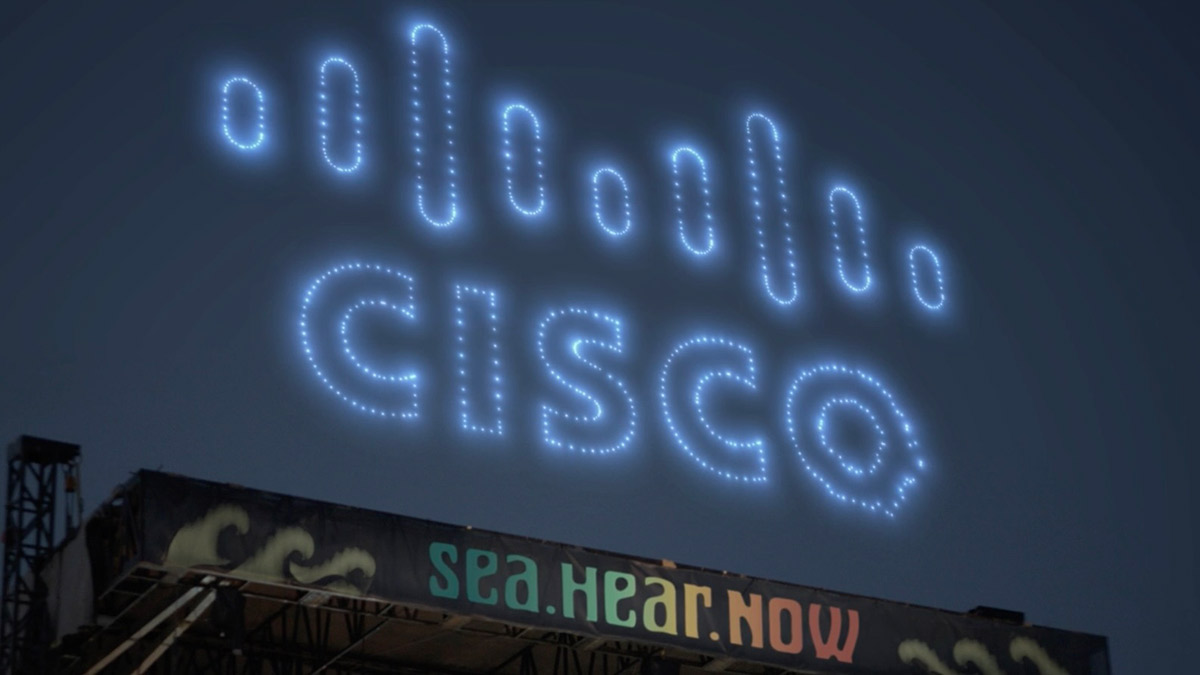BARCELONA, Spain - March 25, 2011 – Cisco announced that it is supplying communications technology for the Barcelona World Race, the only sailing regatta that challenges teams to sail around the world nonstop with only two crew members.
The Ocean Navigation Foundation of Barcelona chose Cisco to provide communications infrastructure and data center technology for the duration of the event, which started on December 31, 2010, and runs until the end of March 2011. The data center serves as the nerve center of the race, receiving the positions of the boats, images and videos, as well as responding to emergency calls. Rescue centers worldwide are connected to the data center, which allows them to have immediate access to information on the boats.
"A technological supplier with the reputation of Cisco provides highly secure 24-hour communications. Its technology and experience are essential both for the Ocean Navigation Foundation of Barcelona and for the sponsors of the Barcelona World Race. Without this technology it would be impossible to follow the competition," said Román Welsch, the director of technology for the foundation and race.
"The technology architecture is designed to help ensure the availability of communication at all times between the boats and the organisation," Welsch explains. "We are the 061 (healthcare emergency service number) of the regatta, and we have to be capable of receiving rescue calls from the boats as well as forwarding calls to the marine rescue center closest to any boat in a state of emergency."
The platform is based on two Cisco Catalyst® 4500E Series Switches and a Cisco Unified Communications solution, deployed to provide the event organisers and participants with integrated voice, video and data services. The data center includes Cisco 2960 and 3750 Series Switches, and two Cisco MDS fibre switches for the data cabins.
"Thanks to Cisco switching technology, we are capable of receiving, editing and producing in record time the information that comes from the boats -- photos, videos and video conferences -- and in this way they reach our webpage, game tracking and all the ensuing communication media," Welsch states.
During the race, Cisco is also providing free availability to the Wi-Fi network, based on the Cisco 4400 Series Wireless LAN Controllers, over the entire port of Barcelona. In a centralised infrastructure, the access points work in coordination, facilitating wireless access and management functions, providing access to different mobile devices, and equipping them with advanced security and localisation.
"In a competition such as the Barcelona World Race, it is critical that there is the highest level of availability and reliability of communications and data," said Jesús Mansilla, director of Medium and Small Businesses for Cisco España. "We are delighted to be part of this important sporting event."
See video:
About Barcelona World Race and FNOB
The competition, organised by the Ocean Navigation Foundation of Barcelona [Fundació Navegació Oceànica Barcelona] (FNOB), lasts for approximately three months, from 31 December 2010 to the end of March 2011, the time forecast to navigate the orthodromic route, the shortest route on the surface of the earth.
A total of fourteen boats crewed by 28 skippers will travel 25,000 nautical miles (46,300 Km.) from Barcelona until they return to the same port, passing through three capes - Good Hope, Cape Leeuwin and Cape Horn - and the Cook Straits.
The regatta can be followed in its finest details through www.barcelonaworldrace.org, the site that has all the news, audios, videos and photographs where the classifications can be consulted with data on speed, evolution, course and meteorological conditions updated four times a day. The evolution can also be followed through a graphic interface integrated in a world map (Tracking.barcelonaworldrace.org), as well as through a 3D online game where you can compete in real time with the participants (www.thegame-barcelonaworldrace.org).
The Barcelona Ocean Navigation Foundation [Fundació Navegació Oceànica Barcelona] (FNOB) was created in 2005 with a view to promoting knowledge on marine culture and contributing to raising ocean sailing to the level that matches the great Spanish marine tradition. The creation of the FNOB was the result of the work of a platform set up by the local authority of Barcelona, the Barcelona Fair, the Harbour Master's Office of Barcelona and the Chamber of Commerce of Barcelona, with the EL FAR consortium as technical manager.
The first edition of the Barcelona World Race took place in 2007/08, and the third edition is planned for 2014. This is an unparalleled regatta in which outside aid is permitted, although it is subject to certain standards (penalties). It will take off on 31 December 2010 at 13.00 hours, before the Hotel W at the port of de Barcelona.
The winners of the 2007/08 regatta were Jean-Pierre Dick and Damian Foxall on board the Paprec-Virbac 2, who completed the run in 92 days, 9 hours, 49 minutes and 49 seconds (average speed: 11.13 knots).
The challenge of the regatta is taken on with boats of the IMOCA Open 60 class, specially designed for solitary or dual ocean navigation. They are monohulls of 18.29 metres in length (60 feet), about 5.5 m of beam, 4.5 of draught and with a mast not exceeding 28 metres in height. They weigh between 8,000 and 9,000 kg.
The Barcelona World Race crosses almost all the macroclimatic zones in the world, and has added tactical difficulty in navigating through the Mediterranean and the passage of the Straits of Gibraltar and Cook.




